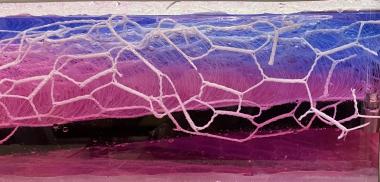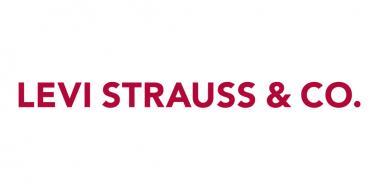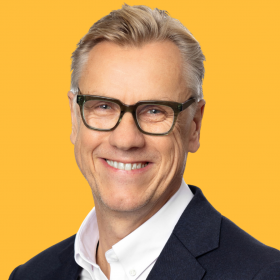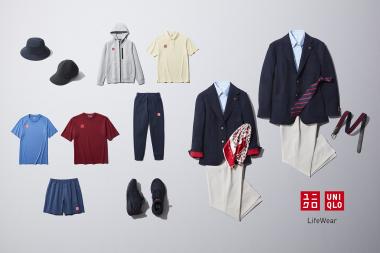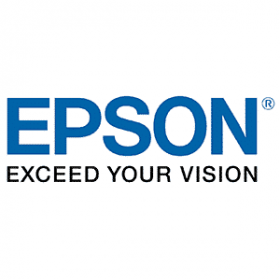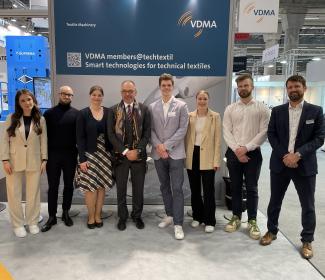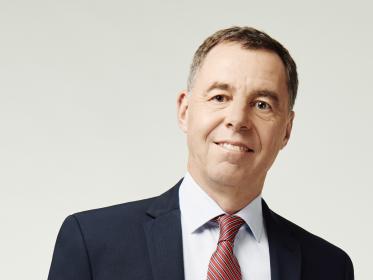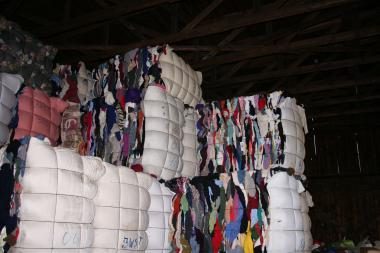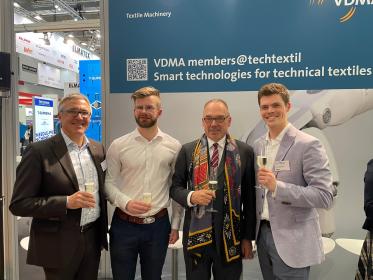Gemeinsam Forschung an nachhaltigen Lösungen für Faserverbundwerkstoffe im Leichtbau
Faserverbundwerkstoffe verfügen über herausragende mechanische Eigenschaften bei gleichzeitig niedriger Dichte. Daraus gefertigte Gegenstände sind leicht und gleichzeitig sehr stabil – das macht sie zum idealen Werkstoff für Sportartikelhersteller über die Automobilindustrie bis hin zur Luft- und Raumfahrt. Statt den bisher üblichen Glas- und Carbonfasern sollen nun zunehmend natürliche Fasern wie Flachs, Hanf oder Jute als Verstärkung eingesetzt werden. Durch ihr Potential während der Herstellung Treibhausgasemissionen und Energie einzusparen, ermöglichen sie eine vergleichsweise günstige Herstellung. Ihre mechanischen Eigenschaften deuten einerseits auf noch nicht ausgeschöpftes Potenzial hin, können jedoch je nach jährlichen Wachstumsbedingungen in ihrer Dichte, Festigkeit oder Steifigkeit stark variieren. Um zukünftig Faserverbundwerkstoffe auf Basis nachwachsender Rohstoffe möglichst effizient, nachhaltig und vor allem wettbewerbsfähig herstellen zu können, bündeln die Hochschule Aalen und das Fraunhofer-IGCV ihre Expertisen hinsichtlich Werkstoff- und Produktionstechnik.
Die Arbeitsgruppe BioComposites mit aktuell noch zwei Forschenden aus beiden Einrichtungen hat zum Ziel, hochwertige biobasierte Faserverbundwerkstoffe für Leichtbauanwendungen zu entwickeln und deren Fertigungsprozesse zu optimieren. Faserverbundwerkstoffe aus biobasierten Komponenten können so – insbesondere in Kombination mit den richtigen Recyclingstrategien – dazu beitragen, dass weniger Schadstoffe in Luft, Wasser und Boden freigesetzt werden
Prof. Dr.-Ing. Iman Taha, Inhaberin des Lehrstuhls für nachhaltige Werkstoffe in der Kunststofftechnik der Hochschule Aalen und Leiterin der Arbeitsgruppe, sieht großes Potenzial in der gemeinsamen Forschung: "Bio-Composites haben ein grünes Image, aber sie bieten noch so viel mehr. Im Gegensatz zu herkömmlichen Verbundwerkstoffen, die oft auf Erdölprodukten basieren, sind Bio-Composites eine ökologische Alternative, die einen wichtigen Beitrag auch zur Reduzierung des CO2-Ausstoßes leisten kann. Damit kommt ihnen eine tragende Rolle zu, unseren Alltag nachhaltiger zu gestalten."
Fraunhofer IGCV Leichtbau Leichtbaukomponenten textiler Leichtbau Faserverbundwerkstoffe Hochschule Aalen
Fraunhofer IGCV





